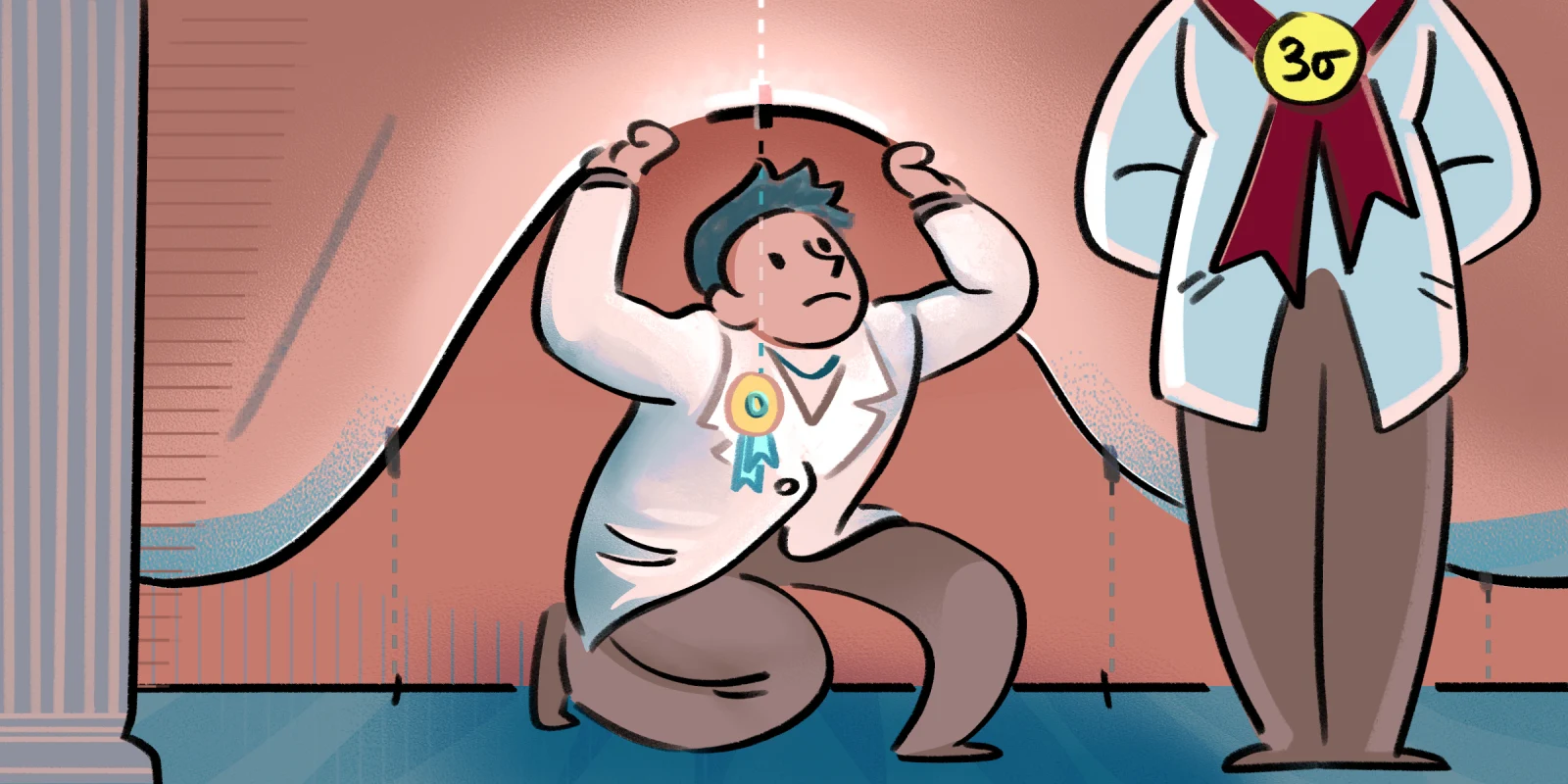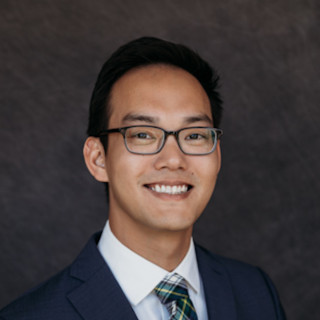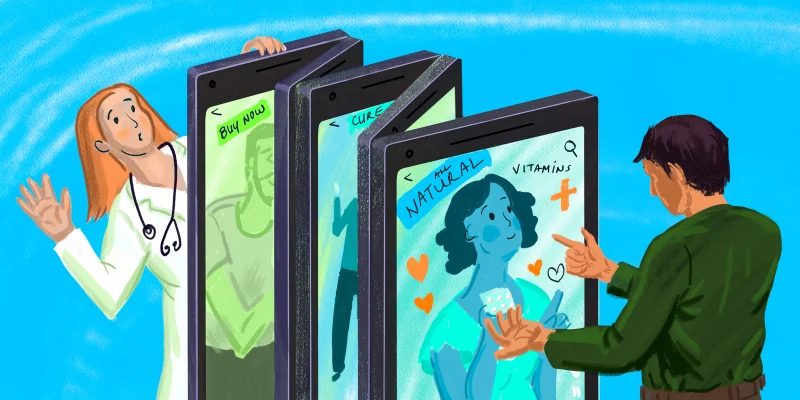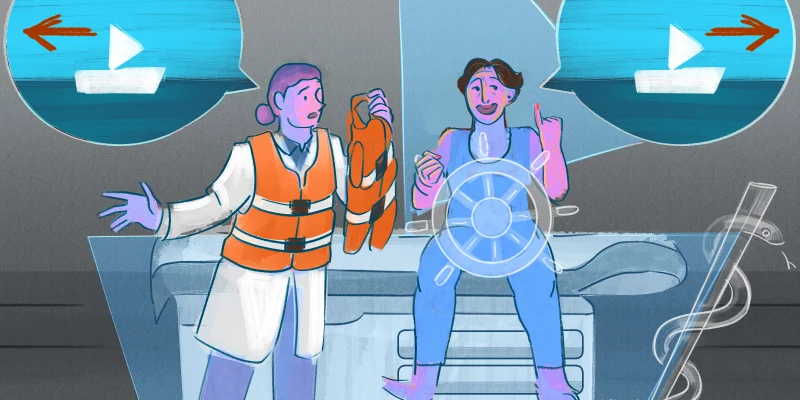“You should have been here this morning,” said my attending as I plunked into the terminal at the start of my shift. “You just missed a few good ones.”
Indeed, I had just walked past the resuscitation bay on my way in, and there were pools of blood, spent towels, and scattered detritus across the floor. In the hour prior to my arrival, there had been a cardiac arrest and a trauma, alighting the department with excitement and fervor. Now, it was uncharacteristically quiet.
That word, quiet, is anathema in the ED. Superstition dictates that while its presence may be acknowledged, the word itself must never be verbalized, lest the Emergency Gods unleash the inevitable. I was doing all that I could not to blurt it out — while this momentary lull was a blessing for the department, it was not beneficial for my training. In terms of interesting cases, the law of averages was not working in my favor.
While the lack of volume and case diversity in the COVID-19 age has certainly contributed to my anxiety, I think what I feel is something that is commonly experienced by residents. A part of me is fearful that I am less than, that I am not as good as everyone else. Whether it’s not getting enough procedures, not getting enough praise, not managing the patient effectively enough. I applaud the stories of my fellow residents who take high case volumes in stride or disclose the high numbers of procedures or interesting cases they saw on their shift, which are always sorely lacking during mine. It’s easy to hear the success stories of peers in my program, and think: When will that happen to me?
Intern year is nearly half over. I can’t help but feel I am growing at a tortoise’s pace in a hare’s game. Our program holds metrics on the number of patients we see, the satisfaction scores we receive, the feedback our attending physicians provide. Comments like, “You are doing OK,” “Keep studying up on cases,” and, “You are where you need to be,” accompany my gross metric performance score, which is just shy of the resident average. Is it OK to be at the top of the bell curve?
Statistically, the top of the bell curve denotes the calculated mean, i.e., the average. But I hear that word – “average” – and think of the opposite of exceptional. I can’t think of my job as average. On an average day, I insert IVs, paralyze patients and wrest control of their breathing, visualize beating hearts using ultrasonic waves. Not one of these things is average. And yet, by graduation, the average resident of a three-year residency program will have performed hundreds of procedures, analyzed thousands of ECG tracings, and worked just shy of 10,000 hours — not to mention the countless lives saved, diagnoses determined, consults called. There’s nothing average about what we do, it’s just a matter of perspective. Furthermore, “average” says less about my perceived inadequacies and more about the caliber of my fellow residents, and the strength of my program and department. I am not the first in my program to have felt inadequate, nor will I be the last. I am extremely thankful to be a member of a gifted cohort that is willing to teach me, offer feedback, and provide support.
Instead of focusing constantly on what I am not, I am learning to focus on what I have built. Part of my medical practice will necessitate being honest with myself. In medical school, one of the attending physicians I worked with used to say: “It’s the practice of medicine, not the perfect of medicine.” There are no clean endings in this imperfect science; it is only through further practice that I gain experience. Writing down my victories is vital — if I don’t, I risk falling into the trap of achievement amnesia, where I easily forget my successes and fixate on my failures. Holding onto the experiences I do have, and using them as teaching pearls, serves me better than staring enviously at the successes of others. I am the sum of all my experiences, and as the law of averages dictates, over time, my fears, worries, and inadequacies will regress to the mean.
How do you stave off “achievement amnesia” in your clinical practice? Share your tips in the comments section.
Andrew Park is an emergency medicine resident at Beth Israel Deaconess Medical Center. A newcomer to Boston’s coffee scene, he spends his free days in cramped corners journaling about his experiences in and out of the hospital. He hopes his writing will inspire resilience within himself, his colleagues, and his patients. Andrew is a 2020–2021 Doximity Op-Med Fellow.
Illustration by April Brust







